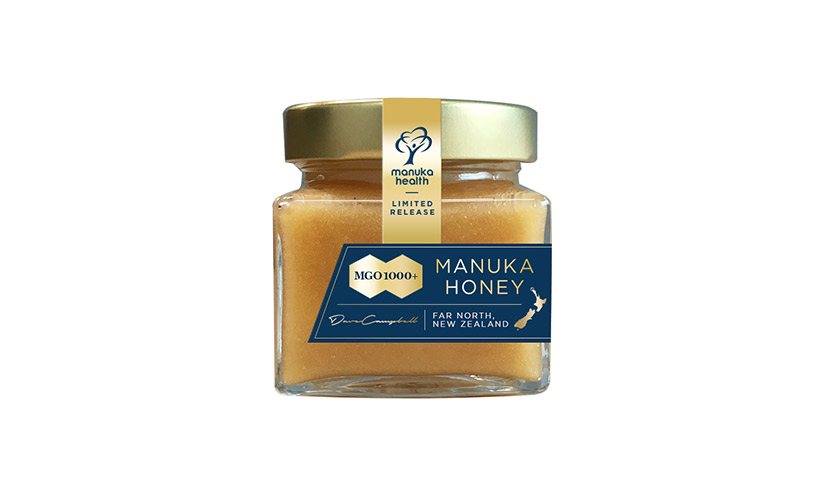
There’s been a lot of buzz about the health and wellness benefits of Manuka Honey, and though most of us have heard these claims, many of us aren’t sure what it is that makes it so special. Read on to learn more about this amazing super food.
Unique qualities
Today, most honey found on supermarket shelves is processed. This means they are pasteurized (heated at high temperatures) and filtered to help enhance the taste and appearance. But Manuka honey is subjected to very little processing. This means it is honey in its natural state, with all the natural ingredients retained, helping it to offer more powerful health benefits than regular honey. This is why it is darker, thicker, and harder to spread. And it contains distinct properties that espouse several wellbeing benefits, from staving off diabetes to boosting skin healing.
History
Native to New Zealand, Manuka honey is produced by bees that feed on the Manuka plant. This is an indigenous wild shrub that grows on both the North and South Islands. In fact, it was used more than a thousand years ago by Maori tribes who made a tea by boiling its leaves to treat fevers and colds.
Antibacterial potential
Today, Manuka honey has been widely researched and today is now known to contain antibacterial potential. Recent studies have demonstrated that Manuka honey can be beneficial in treating leg ulcers and wounds; and even help to fight infection.
Methylglyoxal (MGO)
In 2006, it was discovered that very high levels of naturally occurring Methylglyoxal (MGO) in Manuka honey are the very component responsible for its distinct antimicrobial properties. Until recently there was no single indicator for what constituted real Manuka Honey, until late 2017, when the New Zealand government’s Ministry for Primary Industries (MPI) finalized the first global scientific definition for Manuka Honey. Now, all honey labeled as Manuka for export must first be tested by an MPI- recognized laboratory to make sure it meets the new definition, which includes testing the required level of methoxyacetophenone, a chemical which has only been found in Manuka plants.
Credit: Manuka Health at John Bell & Croyden, London, UK
